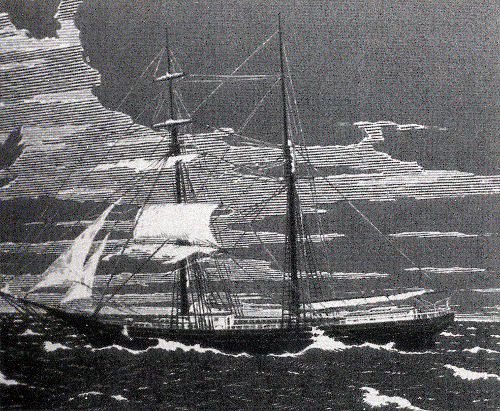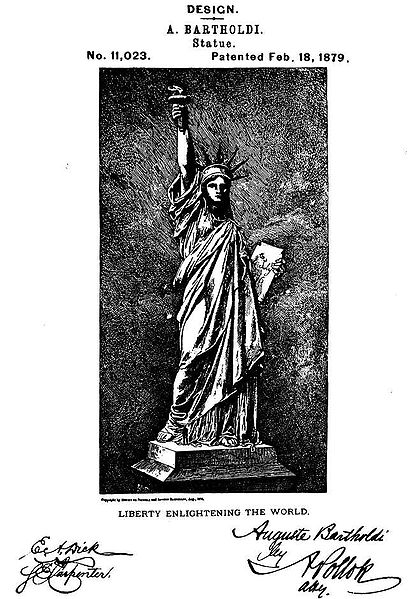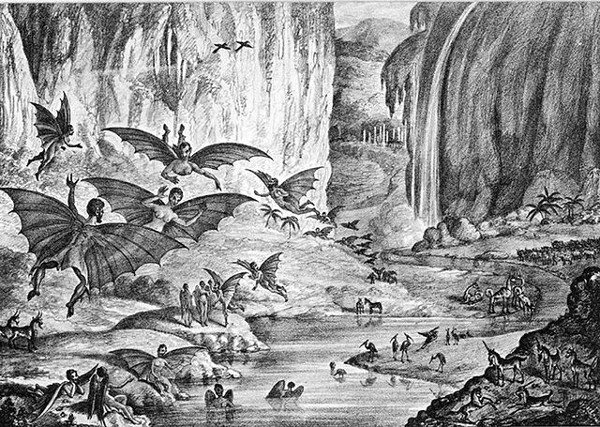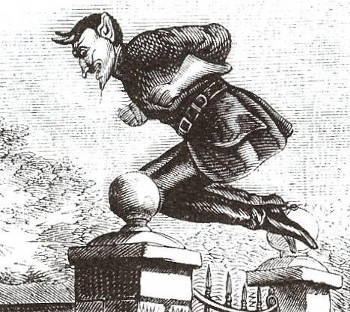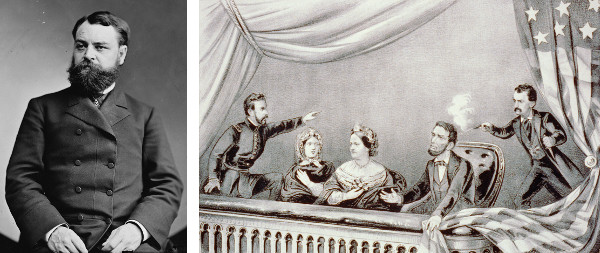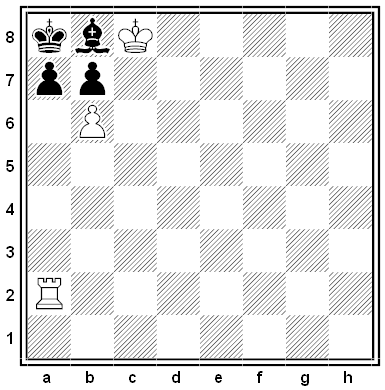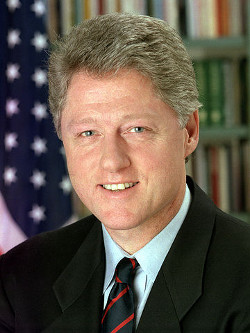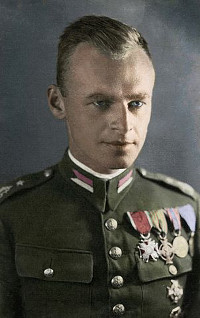In 2004, listeners of the BBC’s Today program voted Samuel Barber’s “Adagio for Strings” the “saddest classical” work ever written, earning 52.1% of the vote and surpassing “Dido’s Lament” (20.6%) from Henry Purcell’s Dido and Aeneas, the Adagietto (12.3%) from Gustav Mahler’s fifth symphony, Richard Strauss’ Metamorphosen (5.1%), and “Gloomy Sunday” as sung by Billie Holiday (9.8%).
During the funeral service for Princess Grace of Monaco in 1982, the New York Times noted, “while a part of Samuel Barber’s soaring Adagio for Strings was being played, Prince Albert, who is 24, covered his face in his black-gloved hands. Princess Caroline, who wept, turned towards her father, who sat next to her by the altar, but the Prince [Rainier], partly slumped, eyes half-closed, did not raise his head.” A friend of the prince described him as experiencing “one of the most deep, most total sadnesses” at the loss of his wife.
Barber’s “Adagio” was played at the prince’s own funeral in 2005, and it memorialized the deaths of Sen. Robert A. Taft in 1953, Albert Einstein in 1955, and John Kennedy in 1963. One friend of Barber’s said he heard the music on the radio within 10 minutes of Kennedy’s assassination.
Why do we do this to ourselves? Life is already full of pain; why do we design art to exacerbate it? “If we enjoy the sadness that we claim to feel, then it is not plainly sadness that we are talking of, because sadness is not an enjoyable experience,” writes philosopher Stephen Davies. “On the other hand, if the sadness is unpleasant, we would not seek out, as we do, artworks leading us to feel sad.” How is it possible to enjoy sadness?
(Thomas Larson, The Saddest Music Ever Written, 2012; Stephen Davies, “Why Listen to Sad Music If It Makes One Feel Sad?”, in Jenefer Robinson, ed., Music and Meaning, 1997.)
